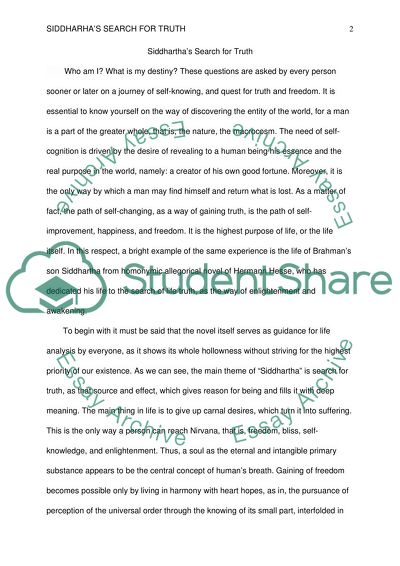Cite this document
(“Sididhartha Essay Example | Topics and Well Written Essays - 1000 words”, n.d.)
Sididhartha Essay Example | Topics and Well Written Essays - 1000 words. Retrieved from https://studentshare.org/psychology/1690166-sididhartha
Sididhartha Essay Example | Topics and Well Written Essays - 1000 words. Retrieved from https://studentshare.org/psychology/1690166-sididhartha
(Sididhartha Essay Example | Topics and Well Written Essays - 1000 Words)
Sididhartha Essay Example | Topics and Well Written Essays - 1000 Words. https://studentshare.org/psychology/1690166-sididhartha.
Sididhartha Essay Example | Topics and Well Written Essays - 1000 Words. https://studentshare.org/psychology/1690166-sididhartha.
“Sididhartha Essay Example | Topics and Well Written Essays - 1000 Words”, n.d. https://studentshare.org/psychology/1690166-sididhartha.


